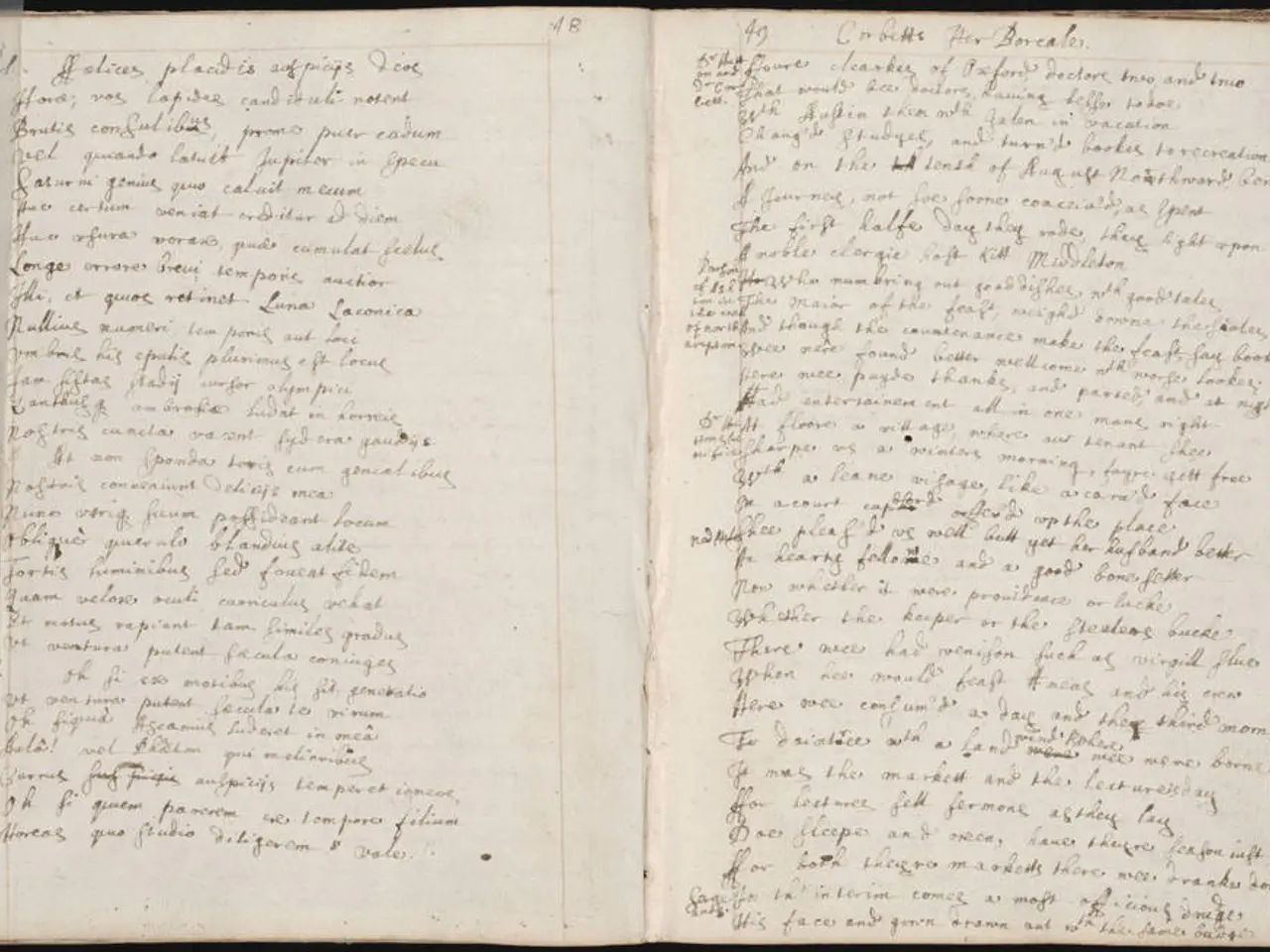Examining the Origin of Prejudice: Within Our Own Minds
The persistence of prejudices, as highlighted by the Baha'i teachings, is deeply linked to the continued dominance of the struggle for existence and bloodthirstiness. These biases, whether they be gender, racial, patriotic, or political, have been responsible for war and strife for thousands of years.
A scientific study questions why many conflicts remain intractable despite potential benefits from compromise. One reason, according to a study at Princeton University, is the existence of a bias that can lead to hatred. This bias, known as "motive attribution asymmetry," is a prejudiced belief that one's motives are good, but others' aren't.
The Baha'i teachings emphasize the importance of avoiding wrongful motive attribution and encourage individuals to examine their own biases, promote goodwill, and give others the benefit of the doubt to foster harmony and unity in relationships. By purifying one’s own heart from negative inclinations and adopting an attitude of detachment from divisive emotions, people can significantly reduce interpersonal conflicts and build more loving and cooperative social environments.
Abdu'l-Baha, a key figure in the Baha'i Faith, emphasizes that justice begins in the mind of every individual who questions their own motives and sets aside their biases and prejudices. Members of the Parliament of Man, a proposed system of global governance in Baha'i teachings, must be free from all kinds of prejudices to reflect truth and legislate just laws for all humanity.
The attributes of the people of faith, according to Abdu'l-Baha, include justice, fair-mindedness, forbearance, compassion, generosity, consideration for others, candor, trustworthiness, loyalty, love, loving-kindness, devotion, determination, and humanity. The first and second conditions for members of the Parliament of Man are to be free from religious prejudices and national bias and patriotic prejudices respectively.
The abandonment of prejudices and the acquisition of moral values are necessary for humanity to be saved from conflict and attain illumination. The Baha'i teachings warn that these prejudices, if left unchecked, will continue to cause wars and bloodshed throughout history.
In conclusion, the Baha'i Faith underscores the importance of eliminating prejudices for the sake of global harmony. By fostering goodwill, promoting understanding, and examining one's own biases, individuals can contribute to a more peaceful and cooperative world.
[1] For more detailed information, refer to the Baha'i writings on the topic of prejudices and their effects on interpersonal relationships and global peace.
[1] The Baha'i teachings suggest that delving deeper into the field of science, particularly in health-and-wellness and mental-health, could provide valuable insights for understanding and overcoming prejudices.
[2] As the Baha'i Faith emphasizes mental and spiritual health in achieving global harmony, cultivating a healthy mind free from prejudices could be seen as a form of mental health self-care, contributing to the collective wellness of society.




